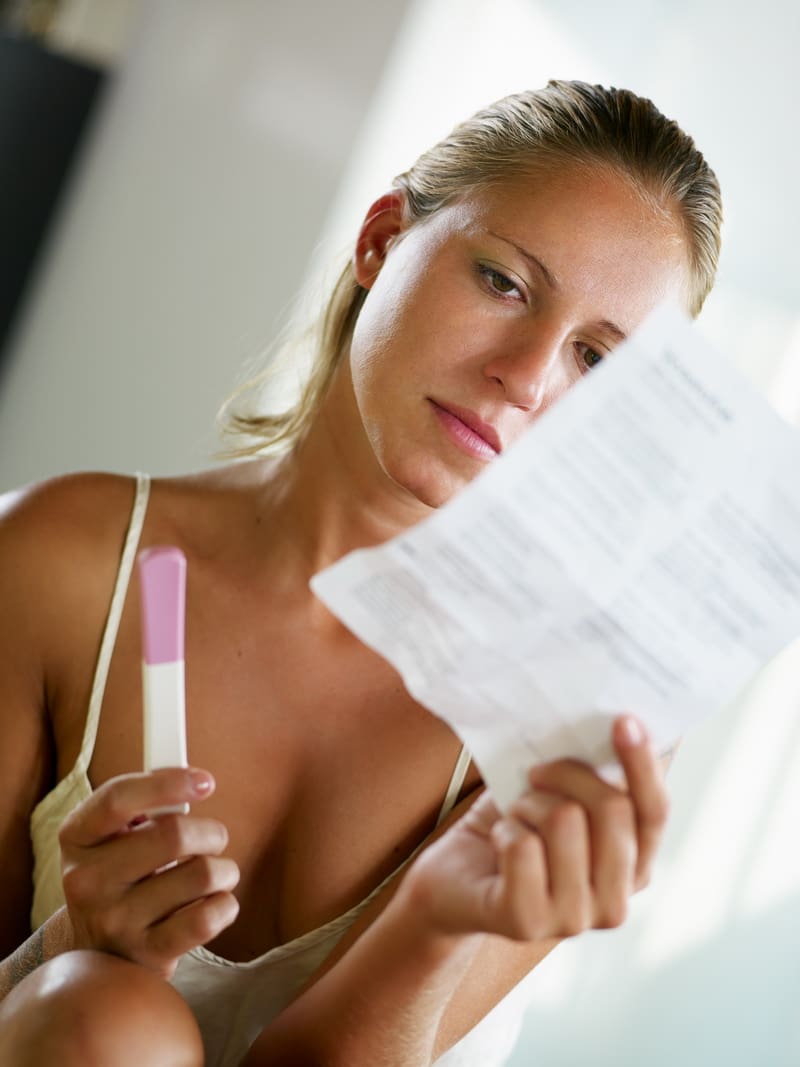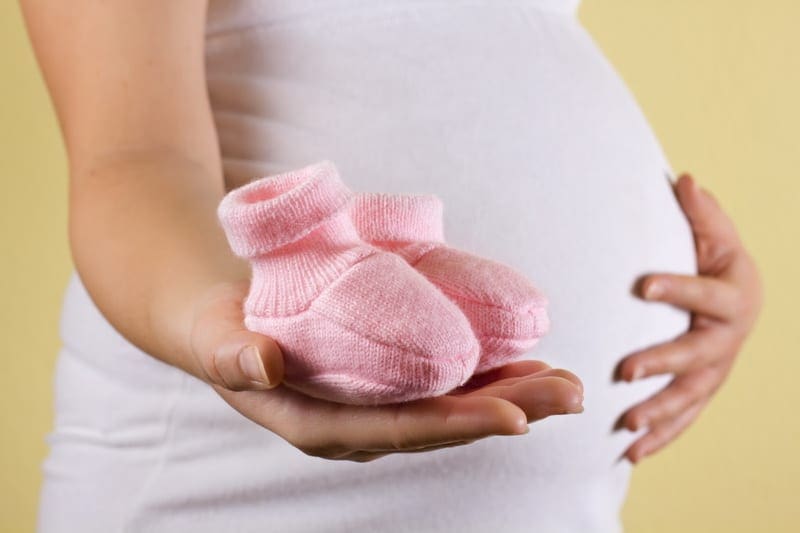Your second pregnancy is an amazing accomplishment, and you should feel proud of yourself! You’re going to be a mother again, which is an incredible feeling. You may be wondering how this pregnancy will differ from your first one, as well as if your older age will pose any complications. During your second pregnancy, there are a few things to expect and important safety precautions to ensure a smooth and successful pregnancy.
Changes In Your Body Different From Your First Pregnancy:
Although it is not a rule, you may find that your morning sickness is less severe. Unfortunately, varicose veins, hemorrhoids, and a leaky bladder are all likely to occur again.
This time around, you may get easily fatigued. You might not get as much rest as you did when you were pregnant with your first child, since you now have to take care of them. You may experience increased discomfort in your pelvic joints as well. You need to be much more careful about your posture and sleep on your side.
Second pregnancies often become apparent much earlier than the first, sometimes as early as the 8th or 10th week. This is because the uterine wall has already undergone expansion before and the muscles are more flexible now. You may notice your belly enlarge and a bump start to show.
Labor during a woman’s first pregnancy can last up to 12 to 14 hours, or even 20 hours in some cases. However, the labor period is often much reduced during a woman’s second pregnancy. The cervical muscles dilate faster during the second pregnancy, about 1.5 cm per hour, as compared to 1.2 cm per hour during the first pregnancy. However, if the first pregnancy ended in a C-section, then the labor phase during the second pregnancy will not be reduced.
After giving birth, mothers may experience more severe uterine contractions than they did before. Contractions after childbirth show that the uterus is going back to its original size. However, the pain can be intense and sometimes requires medication.
Emotional Adjustments For Yourself And Your Family:
Pregnant mothers often find that they are less preoccupied with their second pregnancy than their first. This is likely due to the fact that they now have an active toddler or pre-schooler to take care of. They may also feel guilty that they are not taking as much care of the unborn baby as they did the first time around. However, it is important to remember that the frequency of natal checkups is less for a second pregnancy than a first.
Guilt pangs may arise from not being able to spend as much time with your first kid and husband as you used to before the second pregnancy. You may feel that you are neglecting your older child, but this can be an opportunity for them to learn to take care of themselves.
The best time to tell your first child about your second pregnancy is as soon as possible. This gives them time to adjust and makes sure they know they are still just as important to you. Involve them in your planning and let them know you are counting on them to take care of their new sibling.
Complications That Might Arise
Pregnancy weight gain can pose serious risks for both the mother and child. Even a modest weight gain of just 3-6 kg can lead to complications such as high blood pressure and pregnancy-related diabetes. A weight gain of 9 kg or more puts the mother at risk for potentially life-threatening conditions such as toxemia, pre-eclampsia, or stillbirth. Therefore, it is important for mothers to gain only the recommended amount of weight during pregnancy, which varies depending on the mother’s pre-pregnancy weight.
Preeclampsia is more likely if the first baby was premature or had a low birth weight. If the mother has diabetes or chronic high blood pressure, this can also increase the risk of preeclampsia. The main symptoms of preeclampsia are pregnancy-induced hypertension (high blood pressure), protein in the urine, and excessive fluid retention. This can restrict blood flow to the placenta in severe cases. The longer the gap between pregnancies, the higher the risk of these problems.
Rh-disease erythroblastosis fetal is a severe disorder that can occur when the mother is Rh- while the fetus is Rh+. This can happen when some red blood cells from the fetus enter the mother’s bloodstream during the delivery of the first child. These activated Rh-specific antibodies can then persist in the mother’s blood. When the mother becomes pregnant again, the antibodies called anti Rh can cross the placenta and harm the blood cells of the second fetus. This could result in the death of the fetus.
So all you second-time moms, I hope your first experience makes you less anxious than before. You now know which diets and exercises to follow for a safe second pregnancy. Consult your OB, and try and stay updated about any new tests or medications that may have been introduced. Consider joining a Lamaze class again, now that you may have forgotten much of the exercise routine. Discussing your experiences with other second-time moms can also be helpful. You can share tips and advice with each other about what worked for you and what didn’t.











